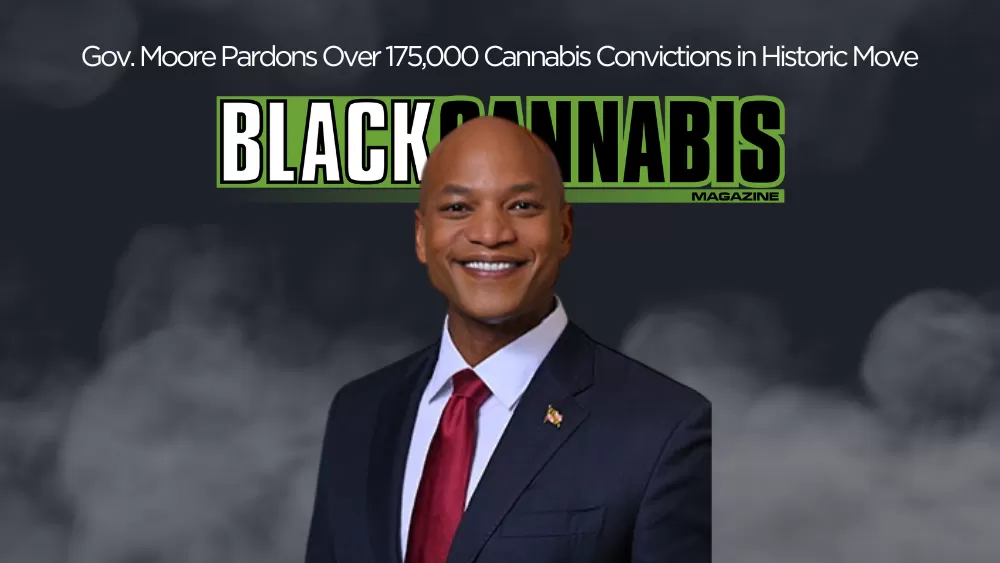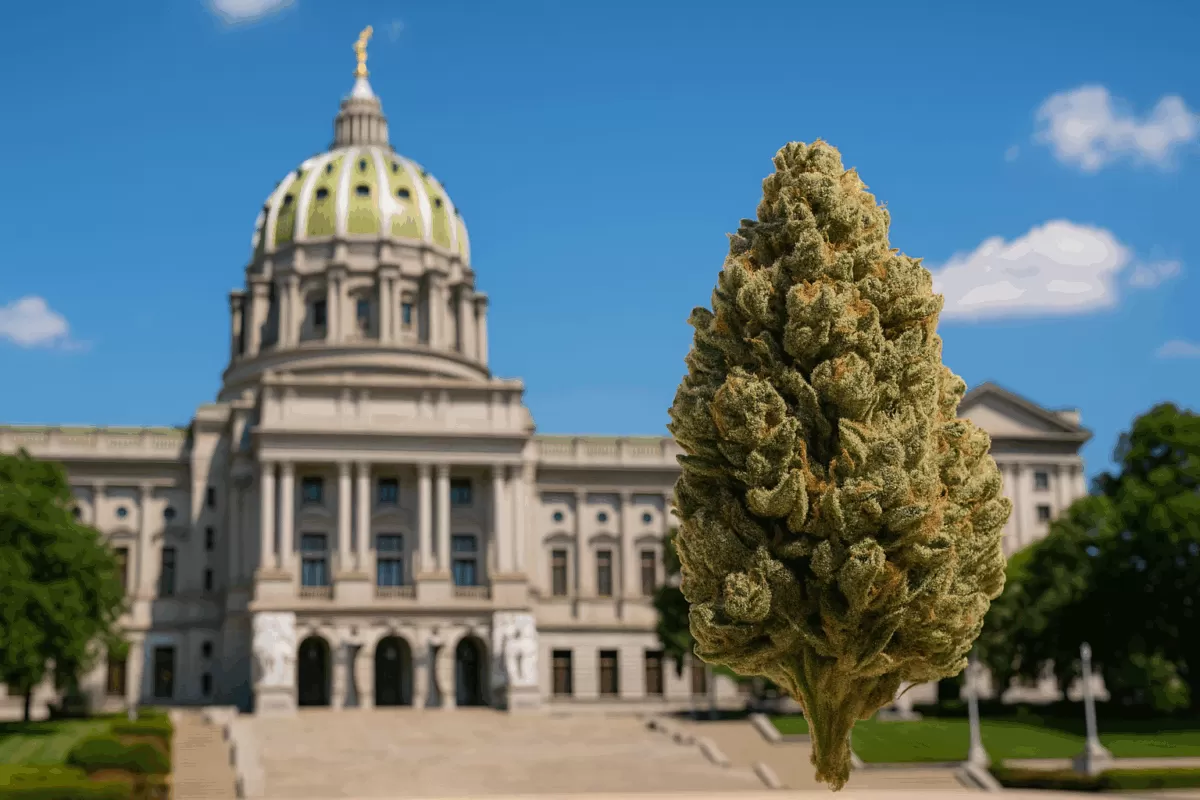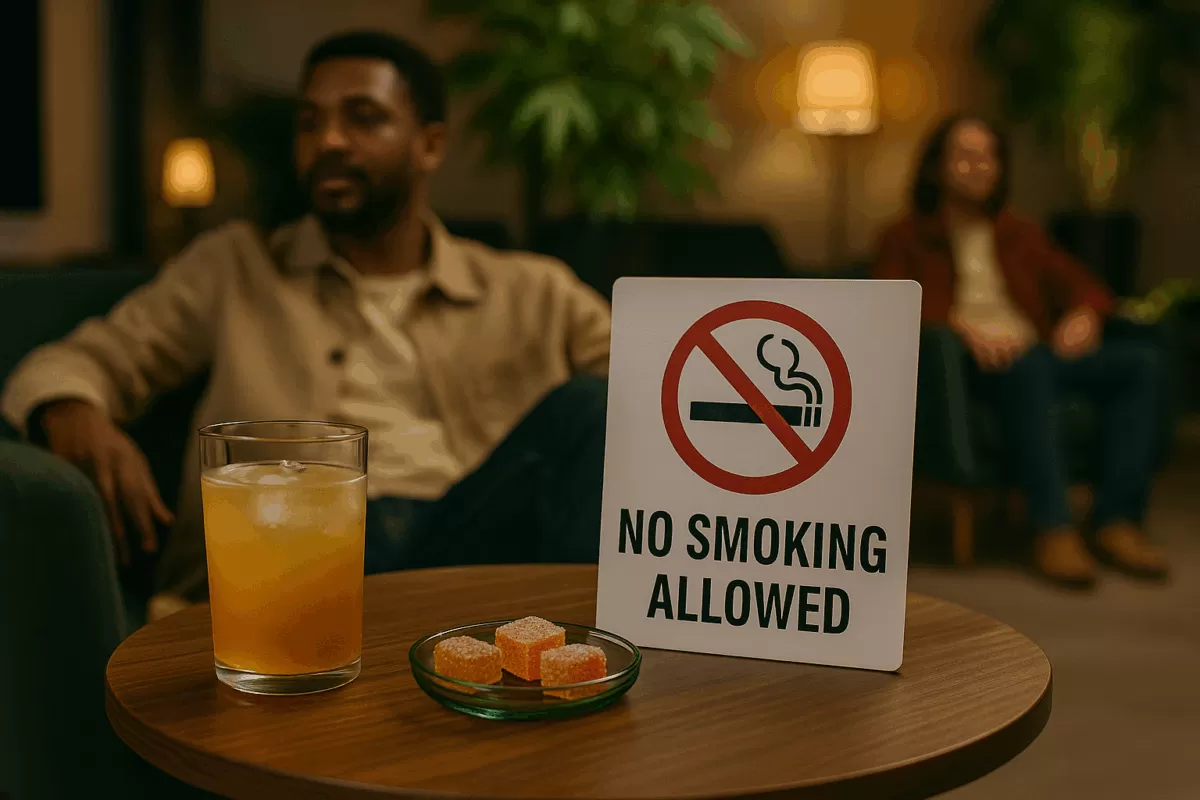Governor Wes Moore of Maryland has taken a significant step towards rectifying past injustices related to cannabis prohibition. In a historic move, Gov. Moore pardoned more than 175,000 cannabis-related convictions on Monday, nullifying guilty verdicts for carrying small amounts of cannabis or related paraphernalia. This executive order, signed during a State House ceremony, grants clemency to thousands convicted in Maryland.
A Milestone for Justice
The pardoned convictions include over 150,000 misdemeanors for simple possession and more than 18,000 for possession of drug paraphernalia with intent to use. Gov. Moore emphasized that this decision aligns with the voters’ 2022 approval of cannabis legalization for adult use. Despite the economic opportunities brought by legalization, many Marylanders, particularly in Black and brown communities, continued to suffer from past criminalization.
“You cannot talk about the benefits of legalization if you’re not willing to deal with the consequences of criminalization,” Moore stated.
Addressing Racial Inequity
Nearly 25% of the convictions come from Baltimore, making it the most affected area in the state. Other significant percentages include Baltimore County and Prince George’s County. State officials are working to further break down demographic data, with an expectation that Black Marylanders will see considerable relief due to the disproportionate impact of past drug policies.
Moore highlighted the racial equity undertones, noting, “This has had significant racial equity undertones in it as well, in the way we have used the criminal justice system and used cannabis policy as a cudgel against communities of color.”
The Path to Rectifying Past Wrongs
Gov. Moore’s decision is a crucial attempt to correct the injustices of the criminal justice system. He remarked on the unfairness of people continuing to face the consequences of something that is no longer illegal. Lingering convictions can hinder access to housing, employment, professional licenses, public benefits, and education.
The Moore-Miller administration’s action follows the footsteps of other leaders, including President Joe Biden, who in 2022 pardoned thousands of federal cannabis possession charges and urged local officials to do the same. Moore confirmed discussions with the president and other governors on this issue.
Implementation and Future Steps
The pardons apply to arrests made before January 1, 2023, when cannabis possession was decriminalized. While the exact timeline of affected convictions isn’t clear, all pardons will be updated in Maryland’s online court records within two weeks. Individuals do not need to take any action to receive the pardon.
A state pardon doesn’t clear public court records; only expungement by the judicial branch can fully wipe a conviction history. However, expanded state expungement laws in 2022 now mandate the automatic wiping of hundreds of thousands of cannabis convictions where possession was the sole charge. Additionally, pathways to expungement exist for more complex charges, and those incarcerated for simple possession can petition for resentencing and release.
Continuing Efforts for Social Equity
Del. Jheanelle Wilkins, chair of the Legislative Black Caucus of Maryland, praised Gov. Moore’s decision. She emphasized the importance of continuing to reduce the long-term impact of criminal convictions, expanding automatic expungements, preventing employers from inquiring about criminal histories, reducing incarceration rates, and striving for a more equitable justice system.
State lawmakers have also created a business license framework prioritizing “social equity” applicants and a tax revenue distribution plan benefiting communities harmed by cannabis prohibition. Maryland’s adult-use cannabis market opened on July 1, 2023, with the Maryland Cannabis Administration selecting the first round of lottery winners for conditional business licenses in March. The state ensures that social equity entrepreneurs maintain majority ownership of these businesses.
Future of Cannabis in Maryland
Maryland’s prioritization of social equity in the cannabis industry is pioneering. License applicants must have lived or studied in areas heavily impacted by cannabis convictions or attended state colleges with significant Pell Grant recipients. The majority of qualifying ZIP codes are in Baltimore, Baltimore County, and Prince George’s County.
Tax revenues from adult-use sales will first cover state regulation costs and then be distributed to communities affected by the war on drugs, reflecting strong public support for this approach.
Gov. Moore’s pardons represent a significant stride towards justice and equity in Maryland, setting a precedent for other states to follow in addressing the historical injustices of cannabis prohibition.












